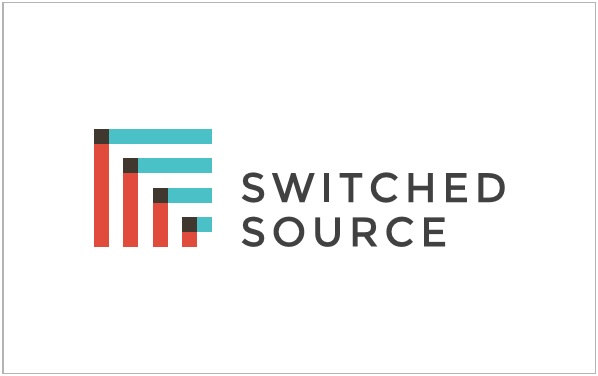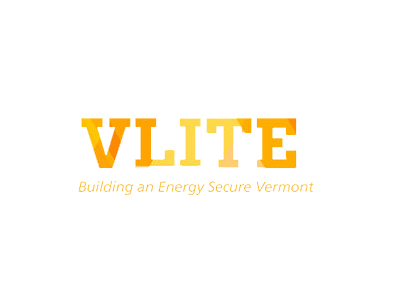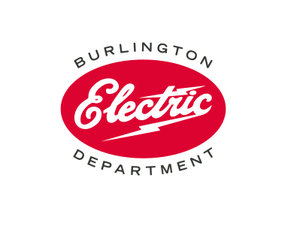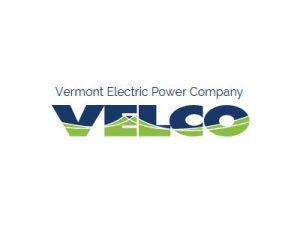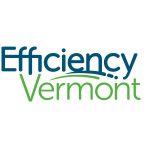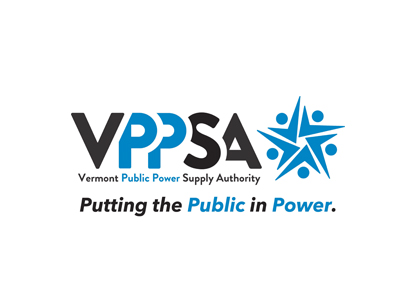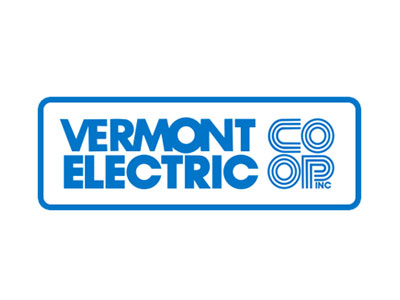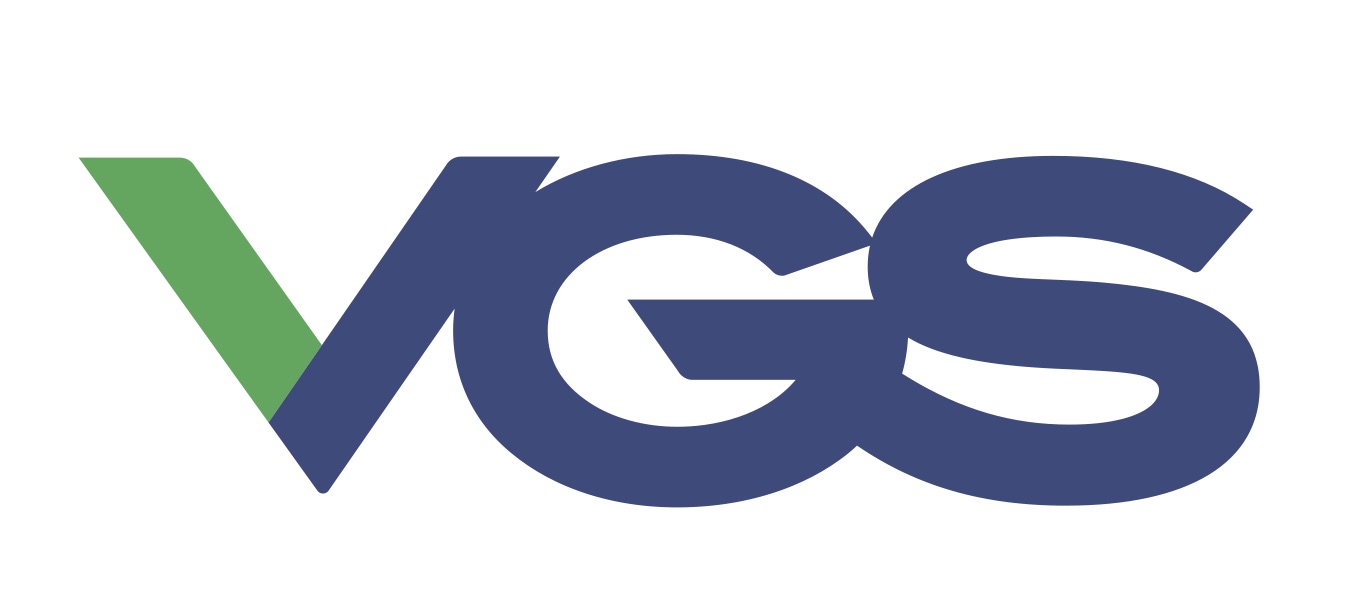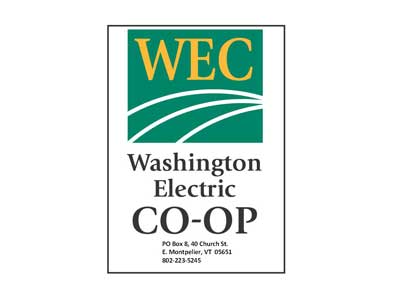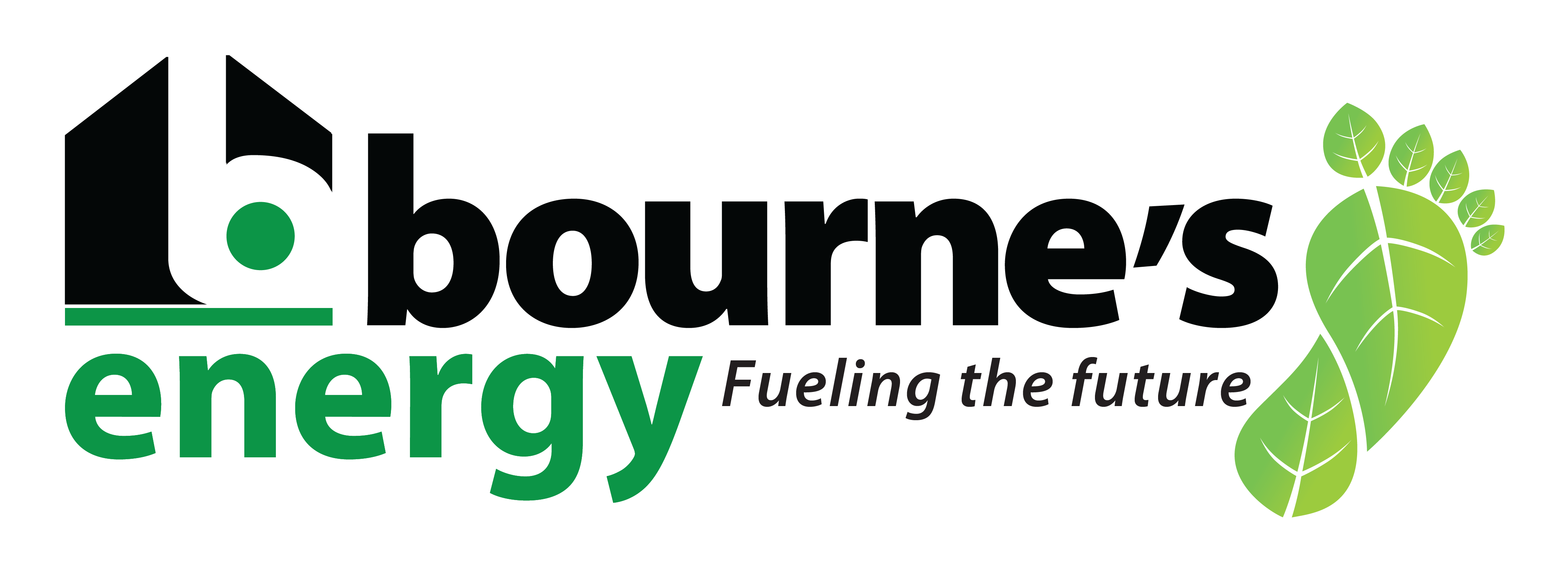Energy2020
The challenge
To be part of a competitively-selected cohort of startup and/or seed stage ventures who offer products or services, including smart home and building technologies, aimed at reducing fossil fuel use and greenhouse gas emissions in buildings, enable better integration of distributed resources and smart building technologies, increase resiliency and/or support demand management strategies that avoid peak time energy usage.
The goal for the DeltaClimeVT Energy2020 program is to help move us toward a zero-carbon future through better integration of distributed resources and smart building technologies and to help Vermont’s utilities harden the distribution network against outages.
We were particularly interested in technologies that have wide potential applicability and enable low and moderate-income populations and multi-family building residents to participate in the low-carbon economy.
Examples of technologies or services could include but are not limited to:
- Innovative heating systems, such as advanced wood heat, geothermal heat pumps, advanced air to water heat pump systems or heat pump technology with integrated storage or demand response controls;
- Building controls that align with utility demand response signals;
- New weatherization materials or building construction materials that have lower embodied carbon footprints and help reduce energy use;
- Smart thermostats, EV charging supply equipment and other devices to include storage that could align with utility demand response signals;
- Fuel cell technologies;
- Innovative solutions to bring reliable connectivity (ex. broadband) to rural areas to enable behind the meter technologies;
- Innovative financing models for technologies and services (e.g. innovative loans, on-bill financing, heating as a service)
- Any other technology or service that reduces energy use and greenhouse gas emissions in buildings and/or supports demand management in buildings.
The Results
After four months of intense focus, camaraderie and virtual learning, we are pleased to announce the Energy 2020 winners as selected by their peers: Pecos Wind Power ($25,000 non-equity award), Medley Thermal ($15,000 non-equity award), and Wex Energy ($10,000 non-equity award). Plus five pilot projects with Vermont energy utilities announced. Read the recap here.
Other Energy 2020 News
DeltaClimeVT climate economy business accelerator selects Energy 2020 cohort and kicks off virtual programming: Read more.
Vermont-based climate economy business accelerator Accel-VT rebrands as DeltaClimeVT and sought entrepreneurs for Energy 2020 program: Read more.
The companies

Camberline Technologies enables a time of use electricity pricing for households and small businesses, whereas such pricing is typically only offered to industrial users. Thus, they are a platform for financial incentives that encourage energy efficiency and emerging technologies such as EVs and energy storage. Their solution reduces capital costs and deployment time, empowers consumers with choice, while creating a market signal for their investment in sustainable, green, resilient, low carbon technologies. They provide a hardware driven metering and data management service that plugs seamlessly into existing utility infrastructure to provide data-as-a-service to electricity suppliers so that they can bill for time-based rates. Their service provides revenue-grade interval meter data to electricity suppliers without waiting for the local utility to install smart meters. Their software delivers billing-ready data to supplier or utility billing systems, using existing data exchange interfaces and standards. Electricity suppliers can offer time-based rates because Camberline can deliver revenue-grade data for revenue collection. Massachusetts
Enersion has developed an innovative cooling technology that uses low grade waste heat instead of electricity to produce cooling, resulting in over 70% less electricity consumption compared to regular chillers. In addition, Enersion’s technology uses plain water instead of the synthetic refrigerants that are used in compressor-based chillers that contribute to global warming. The chiller can utilize any low-grade waste heat including solar heat, industrial waste heat or rejected heat of a data center. Their product is a chiller that provides cooling (in the form of cold water) using low grade heat (~ 70 deg C) based on the phenomenon of aDsorption. The chiller uses water as a refrigerant as opposed to synthetic refrigerants (CFCs, HCFCs and HFCs) that contribute to global warming. Enersion’s chiller uses nano-porous materials that have high surface area. This material has the property to adsorb water and allow massive evaporation under vacuum pressure, resulting in powerful cooling. enersion.com/ Toronto, Canada
InfiSense is the easiest way for businesses to integrate low cost, long-life, real-time wireless sensing data into their workflows. InfiSense provides cloud software and an open API to connect, configure, contextualize and unify data from disparate IoT sensors for immediate use in analytics and applications. The company primarily serves businesses that provide data-driven services and software to building owners/operators to drive out costs, increase efficiency and improve sustainability. InfiSense enables reliable, wireless monitoring deep indoors and outdoors by leveraging state-of-the-art Long Range Wide Area Network (LoRaWAN) technology. Businesses that struggle to get data from hard-to-reach places can now sense any environment for any use case with wireless sensors that run for 3-7+ years and communicate for miles to a single gateway, where the data is then sent to InfSense’s cloud software. InfiSense works with any qualified LoRa sensor on any LoRaWAN network and delivers the data via open API, freeing its customers to use any business intelligence tool, software platform or application. infisense.com Vermont & Massachusetts
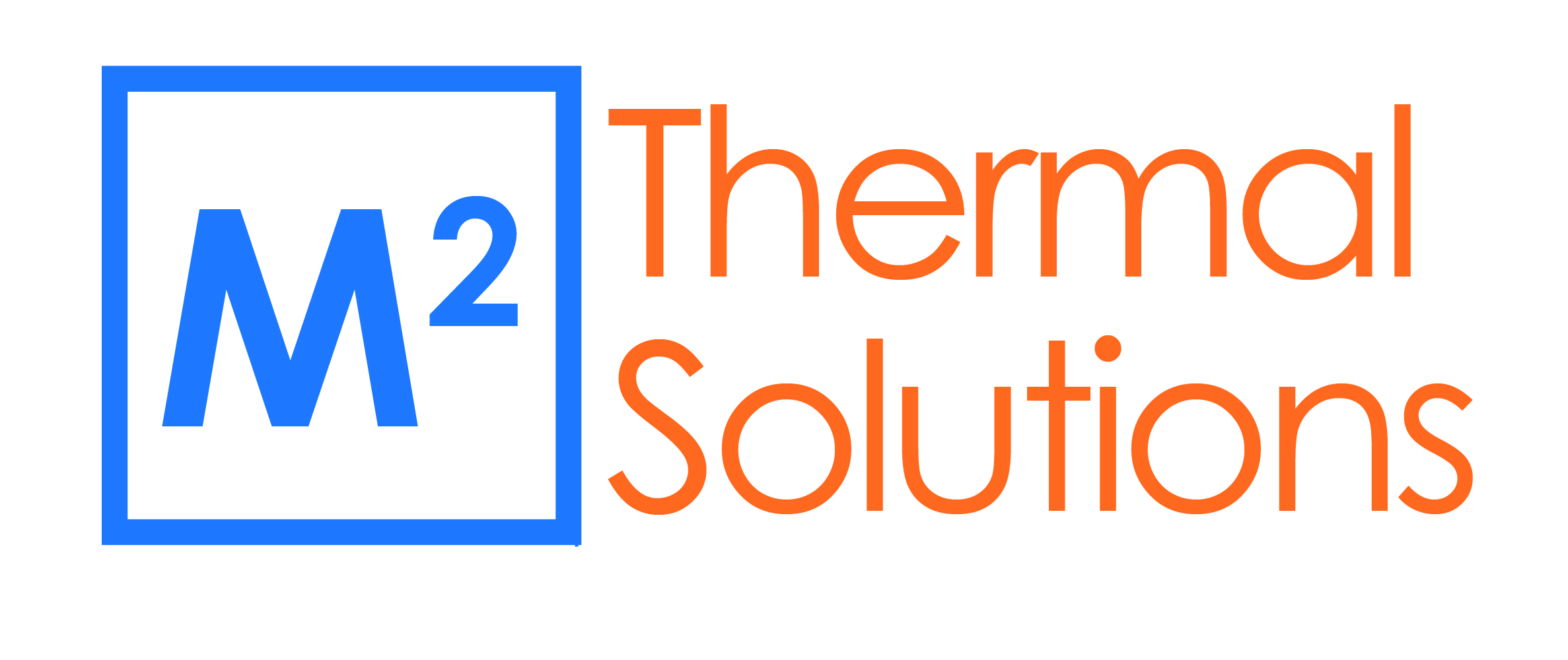
M2 Thermal Solutions has developed a new thermodynamic mechanism that is used for residential air-conditioning. Nearly all space cooling and refrigeration technologies deployed today use the vapor-compression cycle. These vapor-compression systems use refrigerants that are environmentally damaging, and they use large amounts of electricity to enact residential cooling. Their technology does not use any type of high energy consumption compressor, does not utilize any type of refrigerant, and consumes 70% less electricity than existing units while meeting the same thermal loads. They are now fabricating and validating their first-of-kind prototype. Massachusetts
Medley Thermal develops and dispatches hybrid electric boiler projects. Their solution—dynamic electrification—switches steam generation from fossil fuels to electricity at times when electricity is cheap and clean. By selectively using electricity to offset higher cost and more emissions intensive fuels, our customers can save money and reduce emissions. A dynamically electrified system adds an electric boiler in parallel to the existing boiler system and uses intelligent dispatching software to manage fuel switching between the boilers without disruption to the supply of steam. The dynamically electrified system essentially acts as a smart hybrid. Their software dispatches systems based on electricity market prices, the real-time carbon intensity of the grid, energy tariffs & fuel contracts, and technical constraints to optimally dispatch the boilers. medleythermal.com Massachusetts
Pecos Wind Power is developing a low cost, 85kW distributed wind turbine to compete on cost with distributed solar and utility-provided electricity. In the United States alone, there is sufficient distributed wind resource to meet 100% of the nation’s electricity demand. This resource, however, has been largely untapped because the cost of distributed wind turbines has failed to keep pace with the declining costs of other electricity sources like distributed solar and utility-scale wind. Their team consists of 4 design engineers from some of the top utility-scale wind turbine manufacturers: Vestas, Siemens Wind Power, and Clipper. They have completed the preliminary design of their turbine and expect a cost of energy 40% less than the best-selling distributed wind turbine in its class thanks to an innovative tilt-up tower system and a rotor optimized for low wind speed power production. pecoswindpower.com Massachusetts
Switched Source provides power electronics equipment that automates balancing of the distribution grid allowing for more renewable generation hosting capabilities, better power quality, enhanced reliability/resiliency, and reduced operational expenditures. They are introducing the next generation of power system automation technology for large commercial and industrial (C&I) customers and electric utilities. Their equipment addresses utilities’ top concerns and has already been accepted for “rate recovery” by a public utility commission. The equipment pays for itself with traditional value streams of increased reliability, resiliency and efficiency, while “future-proofing” the grid for the rapid onset of distributed generation and electric vehicles. switchedsource.com New York
ThermoAI uses patent pending proprietary machine learning algorithms to optimize the total processes of industrial combustion. Their value proposition is to use artificial intelligence to optimize and automate combustion, saving millions in fuel and lowering emissions. Their systems constantly monitor all combustion factors and are constantly optimizing levels to keep a close to perfect combustion — saving fuel, increasing energy output, increasing lifetime value of expensive parts, and lowering emissions. They have been able to increase combustion level efficiency 10-15% at power plants. thermoai.com New York
WexEnergy delivers energy efficient solutions for buildings and homes one window, one building, one city at a time. WindowSkin’s® proven, cost-effective technology increases property values by increasing property net operating income and reducing GHG emissions. Windowskin Classic, their first product on the market, takes single-pane windows to double-pane energy efficiency and double-pane windows to triple-pane energy efficiency for approximately 10% of window replacement cost. WindowSkins reduce HVAC energy consumption by reducing thermal loss at the window. This reduction in fossil fuel consumption decreases the property’s carbon footprint. WindowSkin is a featherweight, easy to mount, long lasting window retrofit that retains window transparency and operability. wexenergy.com New York
Who applied?
The DeltaClimeVT business accelerator program selected companies working on products or services that will help Vermont’s utilities harden the state’s distribution network against outages while simultaneously moving Vermont toward a zero-carbon future through better integration of distributed resources and smart building technologies. economy.
“We have participated in a few similar programs, but so far, DeltaClimeVT facilitators have shown a whole new level of sophistication! Thank you so much for all the work you are putting in this program. We are truly enjoying it.”
“In Vermont, the transportation sector represents our largest source of greenhouse gas emissions. Similarly, in Burlington, transportation is the largest source of local greenhouse gas emissions. At Burlington Electric Department, we see an opportunity to help our customers and all of our ratepayers benefit from efforts to expand electric transportation.” Read more…
“We plan to use the $25,000 prize money to continue to develop our software product and serve clients in Vermont and greater New England. Onboard provides analytics software to uncover hidden energy, maintenance and comfort problems in commercial buildings. These problems are a significant reason commercial buildings emit more harmful emissions than transportation or industry. We’re thankful to Vermont, the program managers and sponsors of DeltaClimeVT, and the cohort of entrepreneurs that supported us this summer. We absolutely enjoyed our time in Burlington. We’ll be here frequently to serve clients and, if possible, establish a remote presence in this great city!”
“I can’t recommend this program enough for early-stage pre-seed/seed entrepreneurs. With a small (highly focused) cohort, phenomenal facilitators with decades of experience, and people who truly care about helping to advance your startup in a meaningful way, DeltaClimateVT is an unparalleled program in the accelerator space.”
Three Winners
DeltaClimeVT cohort members took part in a four-month intensive training. The accelerator consisted of three separate, four-day, completely virtual “sprints,” with homework and webinars in between. Participants were exposed to the ecosVC curriculum, which was designed to test assumptions, expose and remediate business vulnerabilities, prepare for significant investment, and provide a platform for rapid scale.
The ecosVC curriculum enables each entrepreneur to gain an intimate understanding of the other businesses in the cohort, allowing them to provide quality feedback and to select the top three companies to receive a $25,000, $15,000 and $10,000 non-equity awards.
Pilot Project Opportunities
Energy entrepreneurs competed for the opportunity to demonstrate their company’s technology through collaborative pilot projects with DeltaClimeVT sponsors Burlington Electric Department, Green Mountain Power and Vermont Public Power Supply Authority.
- Energy 2020: three monetary winners announced plus five pilot projects were announced, including two with BED, one with GMP, one with VPPSA, and one joint venture among BED, GMP and VPPSA at the McNeil Generating Station in Burlington
- Energy 2019: three participating companies won pilot projects
- Pilot Programs as a Result of DeltaClimeVT Expand EV Charging in Vermont
Advisors
At DeltaClimeVT, we tap an innovative group of leaders who are subject matter experts and/or have deep entrepreneurial and investment experience, based on the needs of each cohort selected.

Marilyn Waite
Program Officer in Environment, William and Flora Hewlett Foundation
Marilyn Waite is currently the Program Officer, Climate and Clean Energy Finance at the Hewlett Foundation in Silicon Valley. She formerly lead the energy practice at Village Capital, where she found, trained and invested in ventures solving pressing challenges in the energy sector. Marilyn has worked across four continents in investment (Lincoln International), public policy (National Academy of Sciences), and nuclear and renewable energy (AREVA). Author of Sustainability at Work, Marilyn also serves on the Board of Directors for The Biomimicry Institute and is a former Senior Research Fellow at Paul Hawken’s Project Drawdown. Marilyn holds a Master’s degree with distinction in Engineering for Sustainable Development from the University of Cambridge and a Bachelor’s of Science degree in Civil and Environmental Engineering, magna cum laude, from Princeton University.

Darren Springer
General Manager, Burlington Electric Department
Darren Springer is the General Manager at Burlington Electric Department (BED). He previously served as Burlington Electric’s Chief Operating Officer and led the Center for Innovation team which includes the Policy & Planning, Finance, Information Technology and Energy Services divisions.
Prior to joining BED, Darren served as Chief of Staff for the Office of Governor Peter Shumlin. Before working in the Governor’s Office, Darren was appointed as Deputy Commissioner at the Vermont Public Service Department, leading the advancement of the 2014 net metering law and 2015 renewable energy standard.
Darren worked for 4 years in the Washington, D.C. Office of U.S. Senator Bernard Sanders as Senior Policy Advisor for Energy & Environment, and later as Chief Counsel. He has also worked for the National Governors Association as Program Director for Energy and Transportation. Darren has a B.A. from Florida Atlantic University and earned a J.D. and Master of Studies in Environmental Law from Vermont Law School. While at Vermont Law School, he was selected as Managing Editor of the Vermont Law Review, and clerked for U.S. Senator Patrick Leahy on the Senate Judiciary Committee. He is a member of the Vermont Bar, Virginia Bar, and Florida Bar. Darren has also served as a Policy Fellow on Climate Change and Renewable Energy at the University of Vermont Center for Research on Vermont.

Ken Nolan
General Manager, Vermont Public Power Supply Authority
Since 2016, Ken Nolan has served as Vermont Public Power Supply Authority’s (VPPSA) General Manager. He joined the Authority with more than 30 years of electric utility experience. Previously, he held positions in power supply and resource planning, including 10 years at VPPSA (1988 to 1998). He then moved to the municipal utility, Burlington Electric Department, where he progressed his career from resource planning and management to Chief Operations Officer and Manager of Strategy and Innovation. In addition to his responsibilities with VPPSA, Ken serves on the Boards of Directors for Vermont Electric Power Company, Hometown Connections Inc., and VEPP Inc. Ken holds a Bachelor of Science in Electrical Engineering from the University of Vermont.

Graham Turk
Innovation Strategist, Green Mountain Power
Graham is a member of the Innovation Development team at Green Mountain Power (GMP). His work involves designing and executing innovative pilot projects, which test new technologies and business models. These efforts contribute to GMP’s larger mission to transform our energy system into one that is more distributed, carbon-free, and community-centered, while reducing costs and increasing reliability for customers. Prior to GMP, Graham completed a Fulbright grant in Sweden on peer-to-peer solar energy markets. He holds a bachelor’s degree from Princeton University in computer science.

Joseph Steig
Principal,
ecosVC
Joseph Steig is a principal at ecosVC, a consulting and training company for STEM ventures. He also consults with companies and investors in a CFO capacity. He currently works with LRVHealth, a healthcare venture fund based in Boston, and with IUNU, an agriculture technology company based in Seattle. Joseph has worked in a diverse range of industries from aquaculture to software and has extensive consulting experience with universities and innovators on technology commercialization.
Joseph serves on the Board of Directors of Greentown Learn, the educational non-profit affiliated with the world’s largest clean tech incubator, Greentown Labs. He went to Hampshire College in Amherst, Massachusetts and divides his time between Seattle and Vancouver, Canada. More information at www.steig.com.

Paul Silva
General Partner, Launch413, and President & Founder, Innovation Accelerator
Paul Silva leads Launch413, an alternative venture fund getting startups to their first $10 million in revenue; River Valley Investors, which connects seed and early-stage startups to Western Massachusetts’ angel investors; and Innovation Accelerator, which trains nonprofit leaders to develop sources of unrestricted, recurring, and sustainable revenue.
Previously, he co-founded Valley Venture Mentors (one of the top 100 accelerators in the world). Paul served as a board member of Angel Capital Association. He also co-founded All in Play, an internet company that helped the blind socialize with their fully sighted friends and families as equals.

Richard Donnelly
Senior Manager, Emerging Technologies & Services at Efficiency Vermont
Richard Donnelly is a Senior Manager, Emerging Technologies & Services at Efficiency Vermont. Richard’s professional background includes economic development, telecom, small business management, and as a chef. Richard is a senior fellow at the Environmental Leadership Program and specializes in systems-thinking, human-centered design, business modeling, value proposition design, and strategy development.

Janice St. Onge
President,
Flexible Capital Fund
Janice St. Onge is Deputy Director of the Vermont Sustainable Jobs Fund President and President of the Flexible Capital Fund (the Flex Fund). Janice brings economic and business development as well as financial expertise to the organization, having served in the technology and financial services industries, as well as higher education and state government sectors during the last 25-years. Early in her career, Janice served ten years at Peoples United Bank in Connecticut in retail management, commercial real estate lending (managing a $21 million portfolio) and organizational development roles.
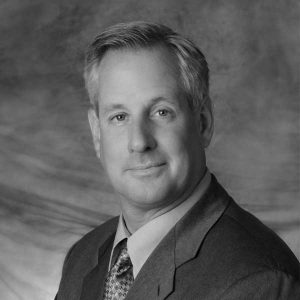
Kerrick Johnson
Vice President of Strategic Innovation, Vermont Electric Power Company (VELCO)
A high-performing senior energy executive and successful tech startup founder, Johnson Kerrick delivers results. He identifies, develops and collaboratively executes strategic initiatives, builds effective advocacy relationships and secures stakeholder alignment through imaginative messaging. Having served in key leadership roles over the past decade of energy sector transformation, Johnson is recognized as a seasoned, frequently provocative, public speaker, and thought leader who has catalyzed many creative energy sector conversations at diverse conferences, workshops, symposiums, and executive gatherings. He currently serves on GridWise Alliance, Renewable Energy Vermont and the Howard Center boards.
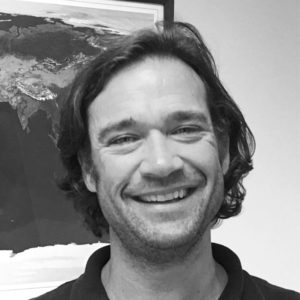
Geoff Robertson
Business Assistance Director, Vermont Sustainable Jobs Fund
Geoff Robertson joined the Vermont Sustainable Jobs Fund in 2017 as Director of Business Assistance. In this role he manages a suite of business assistance services to help Vermont business owners and management teams advance profitability, job creation, and sustainable business development. Most recently Geoff held the position of CEO at Empower Mobility, a mobile platform and software company, where he was responsible for managing business development, human resources, and finances. As the CFO at School Spring, LLC, Geoff negotiated the successful sale of the cloud based recruitment and applicant tracking system for K – 12 schools. He previously served as the Entrepreneurial Advisor at Davis & Hodgdon CPAs serving School Spring, the Vermont Food Venture Center, and many other small businesses in Vermont.
DID YOU KNOW?
DeltaClime VT offers cohort members more than 35 hours of time with mentors, investors and potential customers?
Mentors
DeltaClime VT coordinates with mentors comprised of industry experts, successful entrepreneurs, business advisors and investors throughout the program. Cohort members work directly with mentors during the three sprints in addition to socializing with them at extracurricular social events as well as other business events.
Jim Merriam
CEO,
Norwich Solar Technologies





